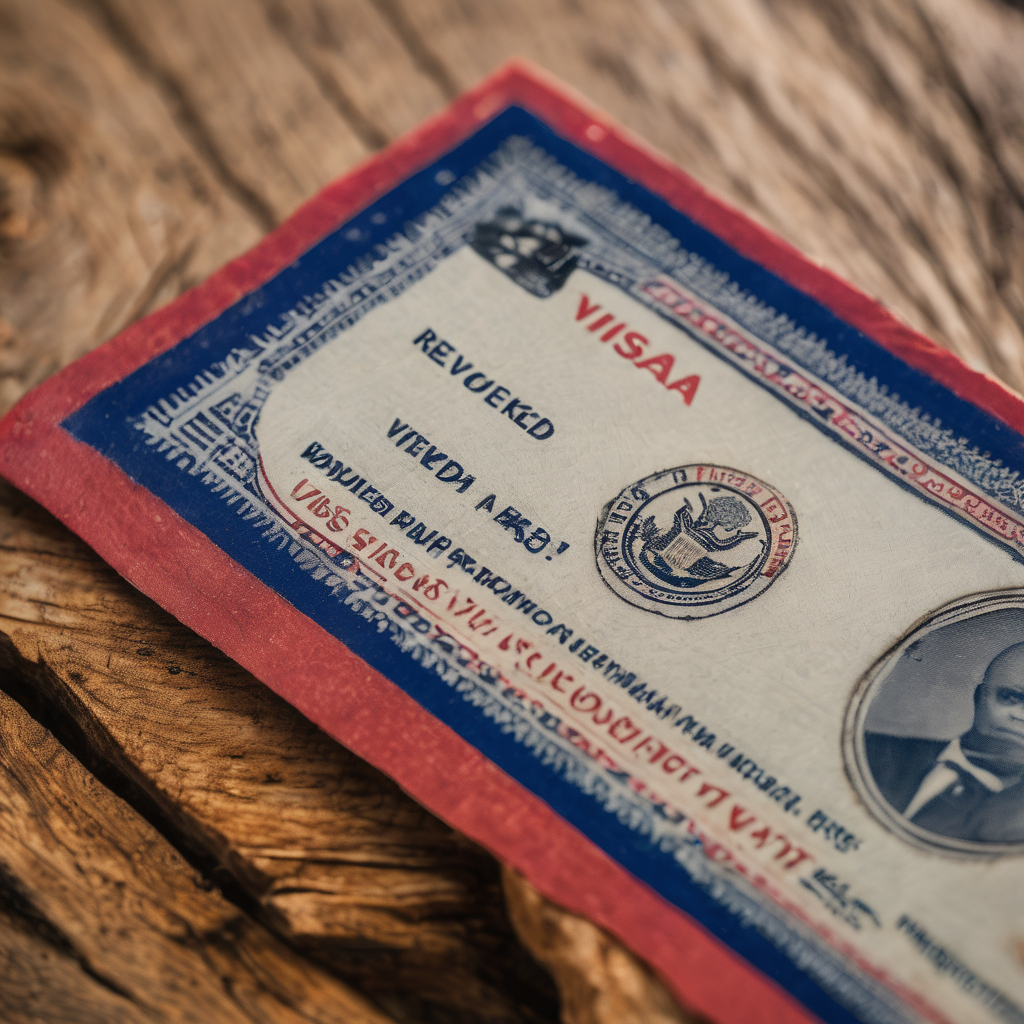Nigerian playwright and Nobel laureate Wole Soyinka has recently found himself at the center of controversy as the United States revoked his visa. Soyinka, who made history as the first African writer to win the Nobel Prize for Literature in 1986, shared details of this unexpected development at an event held at Kongi’s Harvest Gallery in Lagos on Tuesday. During his address, Soyinka humorously referred to the notification he received from the local US consulate, which requested that he bring his passport for the visa’s cancellation.
Soyinka described the letter as a “rather curious love letter,” indicating his bemusement at the circumstances surrounding it, especially given his past experiences of opposition from governmental authorities. He jokingly remarked about the situation, inviting anyone to volunteer to fulfill the request on his behalf, as he found himself too busy to comply.
Originally issued under President Joe Biden’s administration last year, Soyinka’s visa was impacted by a significant political shift as Donald Trump returned to office in January. Trump’s administration has been characterized by a strict approach to immigration, leading to the cancellation of visas for various individuals deemed inconsistent with Republican policies. At the event, Soyinka reflected on the loss of his visa, acknowledging it would hinder his ability to travel to the US for literary and cultural engagements. Nevertheless, he expressed a certain contentment regarding the revocation.
As a prominent figure whose work spans a variety of literary forms, Soyinka has been a vocal critic of both Nigerian domestic policies and international governance, including his past critiques of Trump. Notably, in 2017, he destroyed his US green card to protest Trump’s election, illustrating his staunch resistance to what he perceived as an authoritarian regime.
Soyinka is not alone in this predicament, as he joins other Nobel laureates, like former Costa Rican president Oscar Arias, who have also experienced visa cancellations under the Trump administration. Arias speculated that his criticisms of Trump might have influenced his visa revocation, reflecting a growing concern among esteemed figures regarding the implications of political dissent in relation to travel and recognition.
The broader context surrounding Soyinka’s situation also highlights a troubling trend of visa cancellations impacting individuals with critical viewpoints towards the US administration, blurring the lines between national security and freedom of expression. Critics argue that such actions undermine the principles of free speech that are foundational to American democracy.
Soyinka’s literary contributions and his fight against censorship resonate deeply within the discourse of freedom of expression. Despite the obstacles presented by the revocation of his visa, he remains a significant advocate for truth, continuing to inspire voices around the world. His powerful legacy in literature and activism underscores the importance of dialogue, dissent, and the enduring pursuit of justice.
